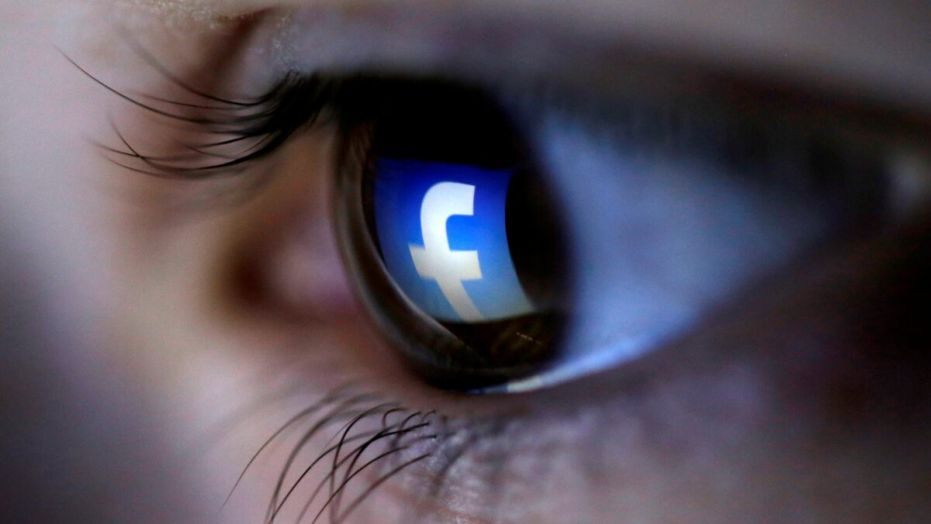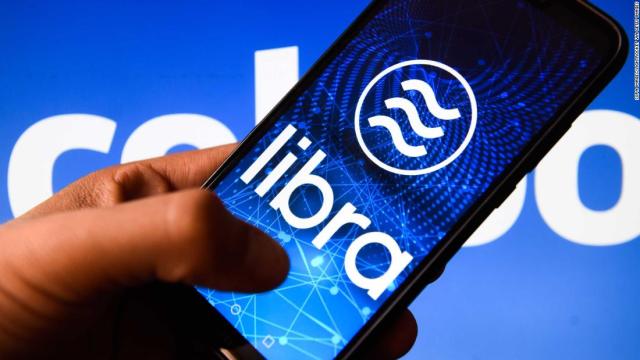In 2020 the social media giant Facebook announced its own currency and will be called Libra. In this way users of WhatsApp, Messenger and Facebook would be able to make money transactions at local and international scales. It is not a bad idea since nowadays we can send photos, videos, or documents by WhatsApp, why not send money? However, this project has profound implications that we may not be able to size today.
Libra is the name of the new digital currency based on Blockchain that will be supported by more than 100 large financial companies, including MasterCard, Visa or Paypal. But Libra is the base, the digital currency on which the rest of payment services will be based. Among them is Facebook, which will be called Calibra. The Calibra payment platform will be available as a stand-alone application on Google Play and the App Store, and can be used directly on WhatsApp and Messenger applications. That is, Calibra will be responsible for allowing to send money through Facebook applications.
Would this digital currency compete with the dollar, the euro, the pound sterling or the yen? It is something that we have no answer at this time ... this is the beginning of an unexplored path that, like many of the paths opened in the era of digital disruption, we will know as we move forward in time. Is Libra a digital currency could threaten the stability of physical currencies? Perhaps ... Disruption is part of the dynamic that digital predators follow: like Google, Amazon, Apple, Microsoft and Facebook.
What is the market for this digital currency?
Libra would be aimed at the 1.7 billion people who do not have a bank account which is equivalent to 31% of the population in the world, and making a financial transfer means a huge cost for families living in remote or marginal rural areas of the city . But nevertheless; There are some solutions in this regard in Africa as does Mpesa of Kenya and other technological StartUps such as WorldRemit.
Who would manage the Libra currency?
The currency will be managed independently by a group of 100 companies and charities, called the Libra Association, initially composed of payment companies such as MasterCard, Visa or Paypal, technology companies such as eBay, Lyft, Uber, Spotify or Facebook Calibra itself. , also companies specialized in Blockchain such as Anchorage or Coinbase, telecommunications companies such as Vodafone, charities such as the Women's World Banking group; as well as Booking.com and Kiva.
Libra seems more solid than bitcoin and the ethereum. The idea of Facebook is to stabilize Libra with an indexation of financial assets, avoiding speculation. The operations in each country would have to comply with the money laundering laws, and a central body, established in Switzerland, and made up of the Libra Association would make decisions on the evolution of the new currency.
Analysis of the impact in several countries of the world
In Japan they are investigating the impact of Libra, according to The New York Times on July 12. According to the report, the Japanese authorities have created a working group charged with investigating the impact on monetary policy and financial stability. The working group will be integrated by the Bank of Japan, the Ministry of Finance and the Financial Services Agency, which aims to coordinate policies that address the consequences of the implementation of Libra in regulation, taxes, monetary policy and payment settlement.
France also created a working group to examine how central banks can regulate cryptocurrencies such as Libra, bitcoin, ethereum in anticipation of the G7 summit.

The regulations in the countries and user privacy
When Calibra is available, users must present an official identification document to register in the account to comply with anti-money laundering regulations. This is because being a legal currency, you want to avoid fraud and verify the real identity of people.
And this applies not only to Facebook users who do not have bank accounts in Africa for example, but also to lucrative markets such as the United States and the United Kingdom, where national identity cards do not exist to verify relatively easily that someone is who he says he is.
On the other hand; Facebook explains that "the activity of each transaction in Calibra will be private and will never be made public".
Conclusion; digital predators spread everywhere. The bigger they are, the more data they have, they can improve their algorithms, more market intelligence, more users, more income, more ability to do R & D, and more influence to invade other markets and obtain new data to start the cycle. Not only its dimension begins to ridicule the world. They also begin to assume functions reserved up to now to the countries that are power. And they will end, in themselves, becoming their own economic systems.
YOU WOULD LIKE TO COMMENT THE ARTICLE
